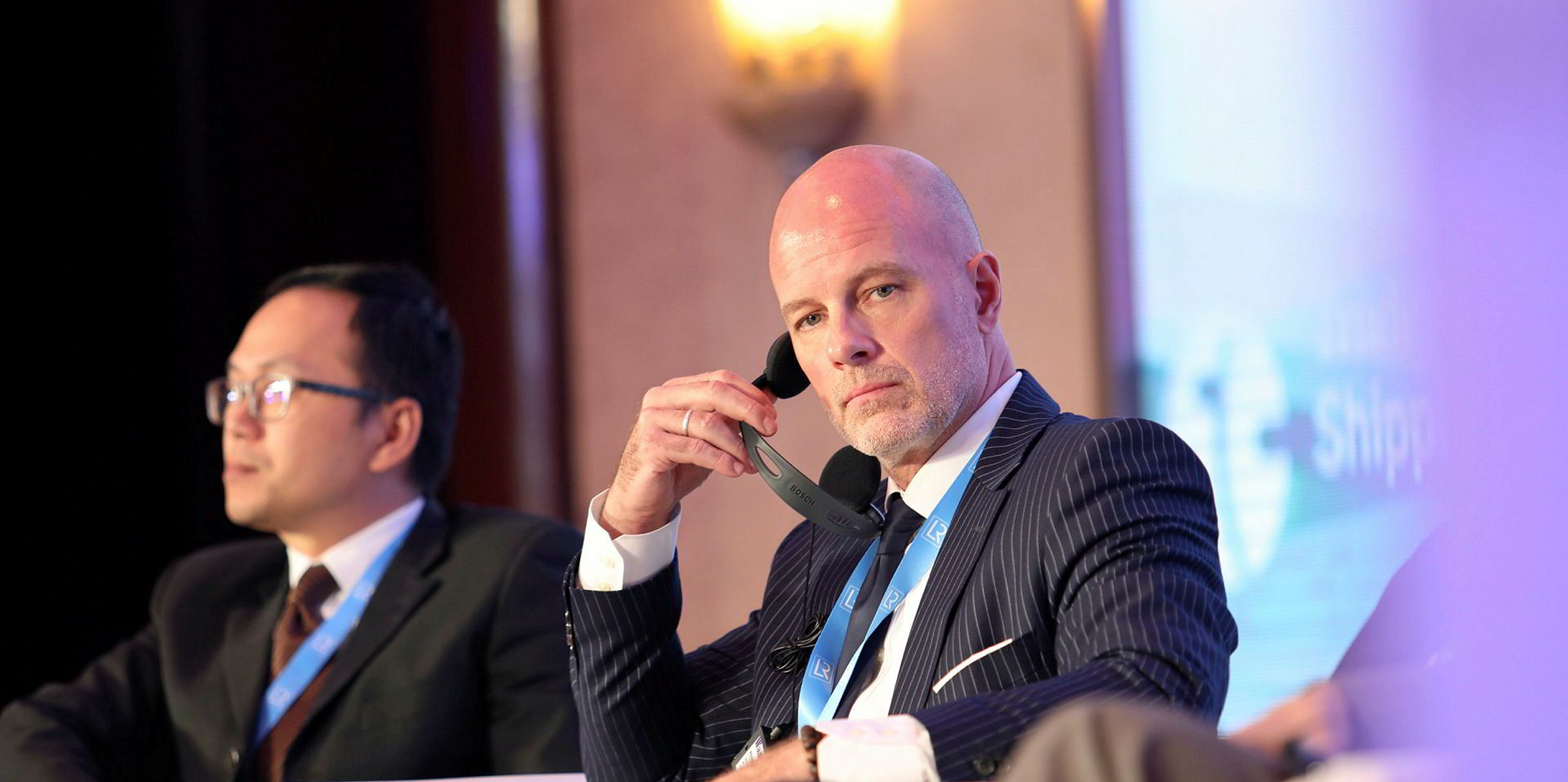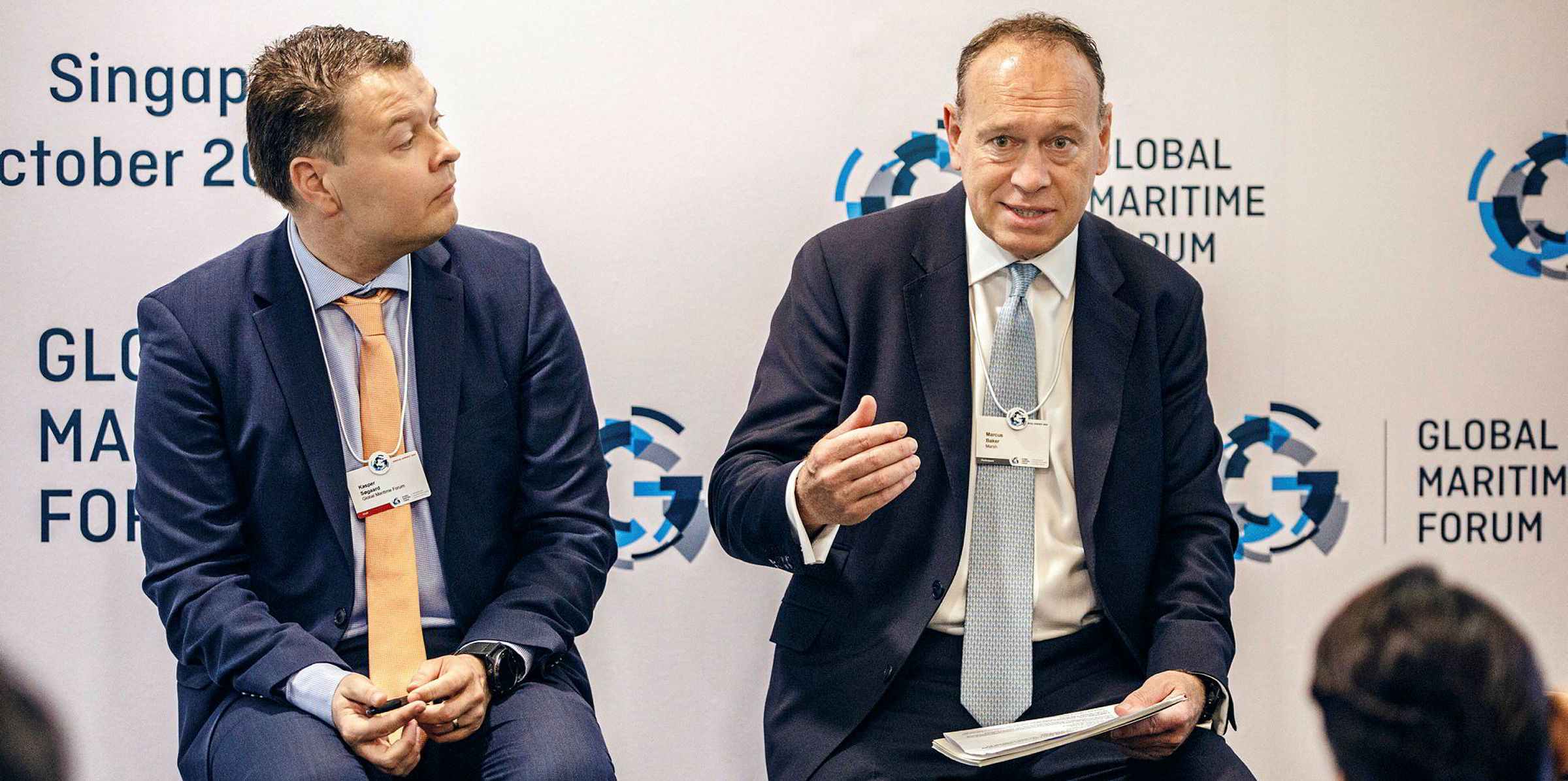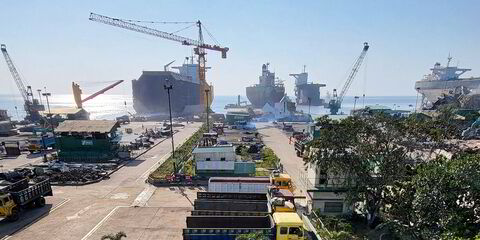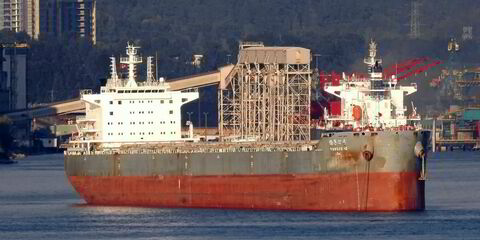Growing interest in zero-emissions technologies in the US could result in more public funding depending on the result of November's presidential election.
This is the view of Global Maritime Forum head of research Kaspar Sogaard.
His organisation is part of the Getting to Zero Coalition, which has counted 66 zero-emissions trial projects worldwide.
Of these, 49 are in Europe and 16 in Asia, but few have been tallied in the US.
Sogaard told TradeWinds that this can be partly explained by the US not being particularly prominent in terms of where ships are built or where big operators are based.
But he said: "A lot of the projects that are being put on the water require government support and there are other jurisdictions where the willingness to support decarbonisation efforts might be higher than the current US administration.
"That so far hasn't seemed to be a priority."
States pioneering research
However, Sogaard said: "It's interesting to note that we see some initiatives at the state level, both in New York state and Washington state, focusing on reducing emissions from ferries and shortsea vessels, within their jurisdictions."
He added that the US also has a number of green port projects underway.
And, in January, there was a committee hearing on zero-emissions technologies in the House of Representatives, organised by the controlling Democrats.
"The chair of that committee was very committed to starting this discussion," Sogaard said, with a particular focus on job creation from these projects.
"Could there be a shipping component within the Green New Deal if we have a change of government?" he asked.
State funding vital
"There's interest, but some of the things that need to happen might be a bit more difficult on the US side."
Of the 66 projects known to be underway, 32 have received — or are anticipating receiving — some level of public funding.
Much of this funding is European, with 29 of the 32 projects receiving financial support originating in Europe.
The study also shows that government support for ship-demonstration projects to the tune of €10m ($11.8m) is not uncommon, while the backing for large-scale fuel production demonstrations can be significantly higher.





